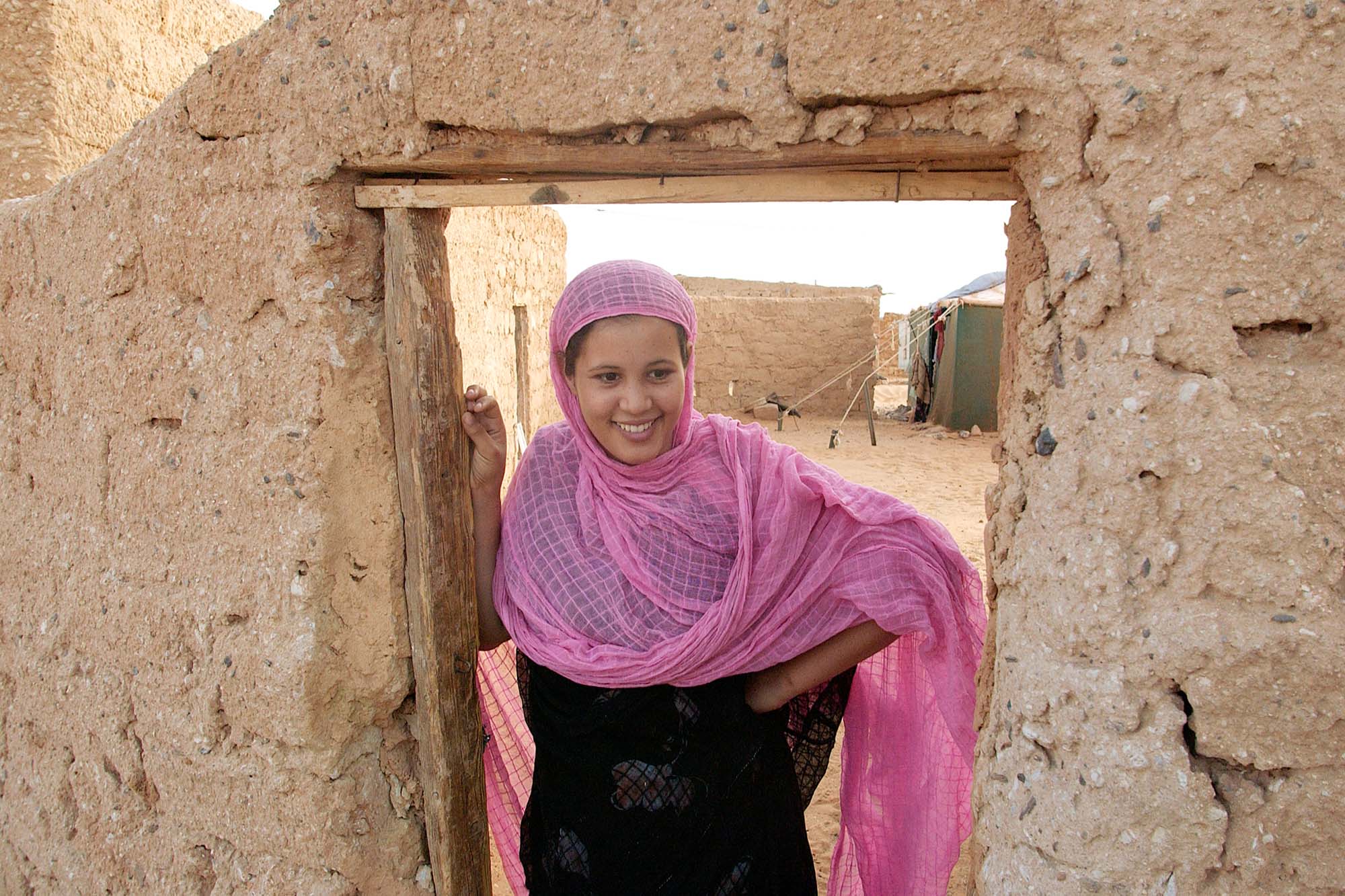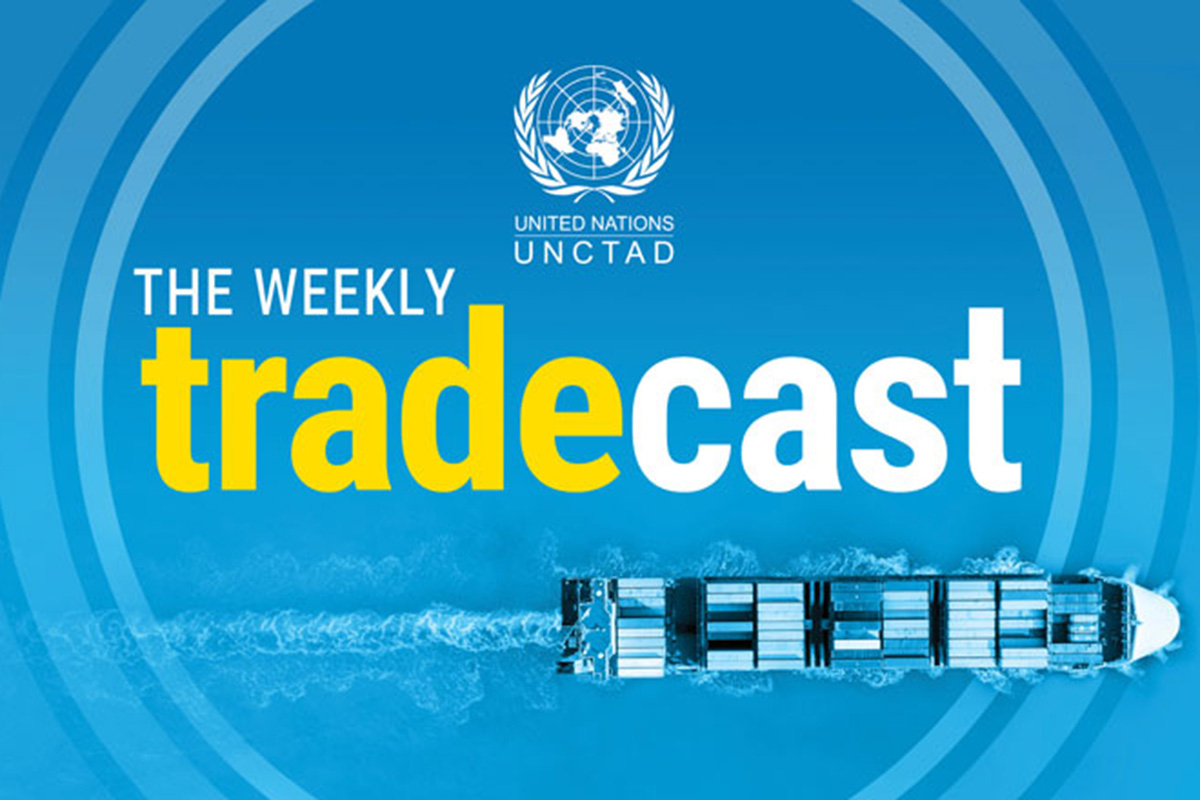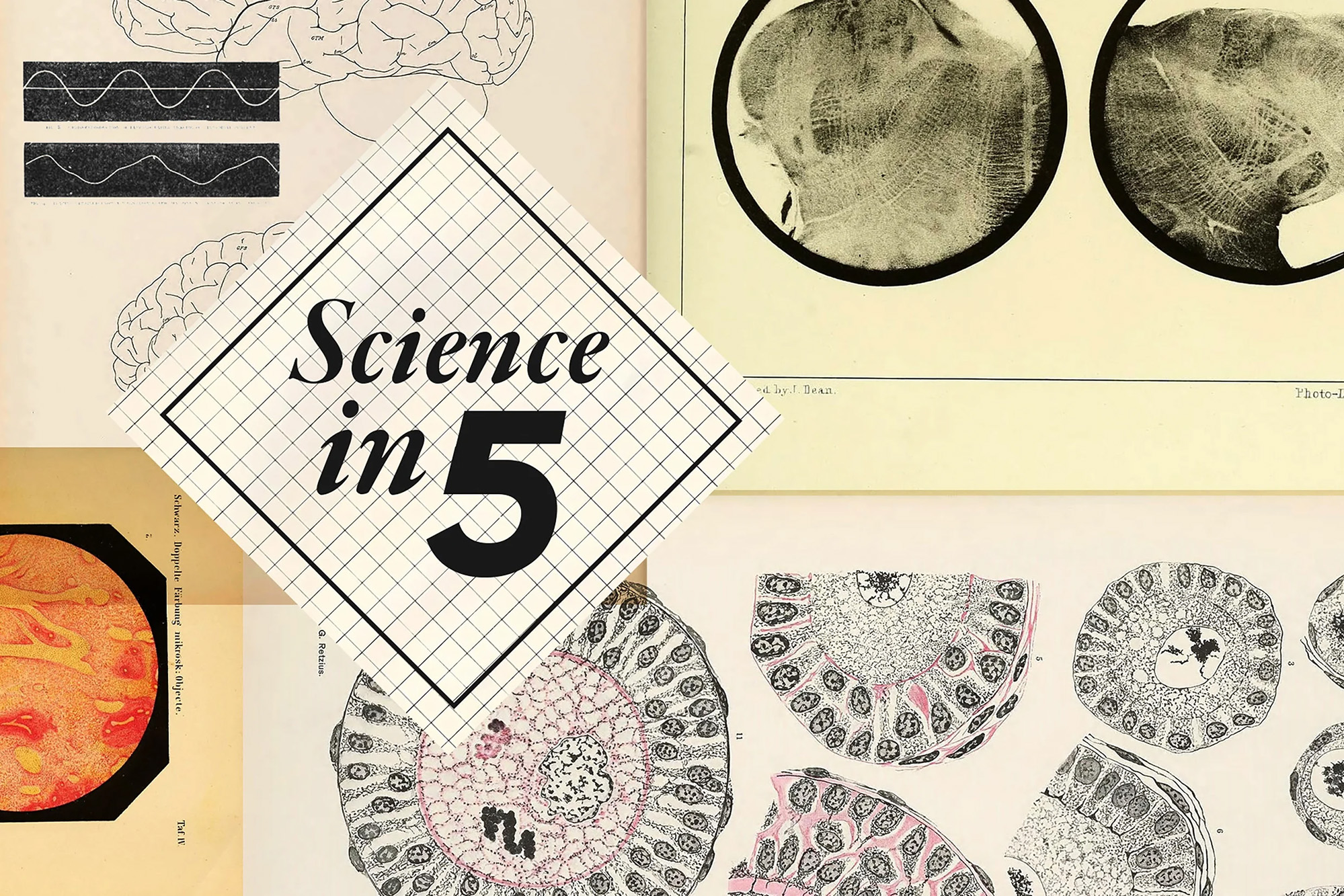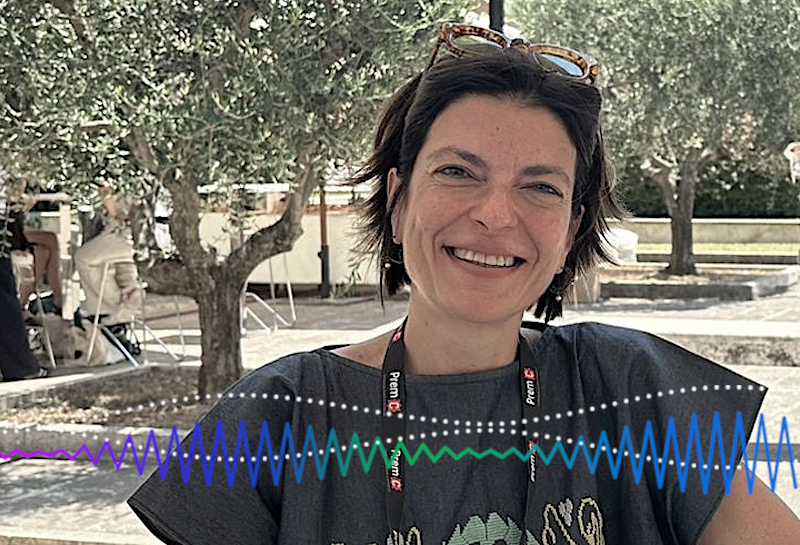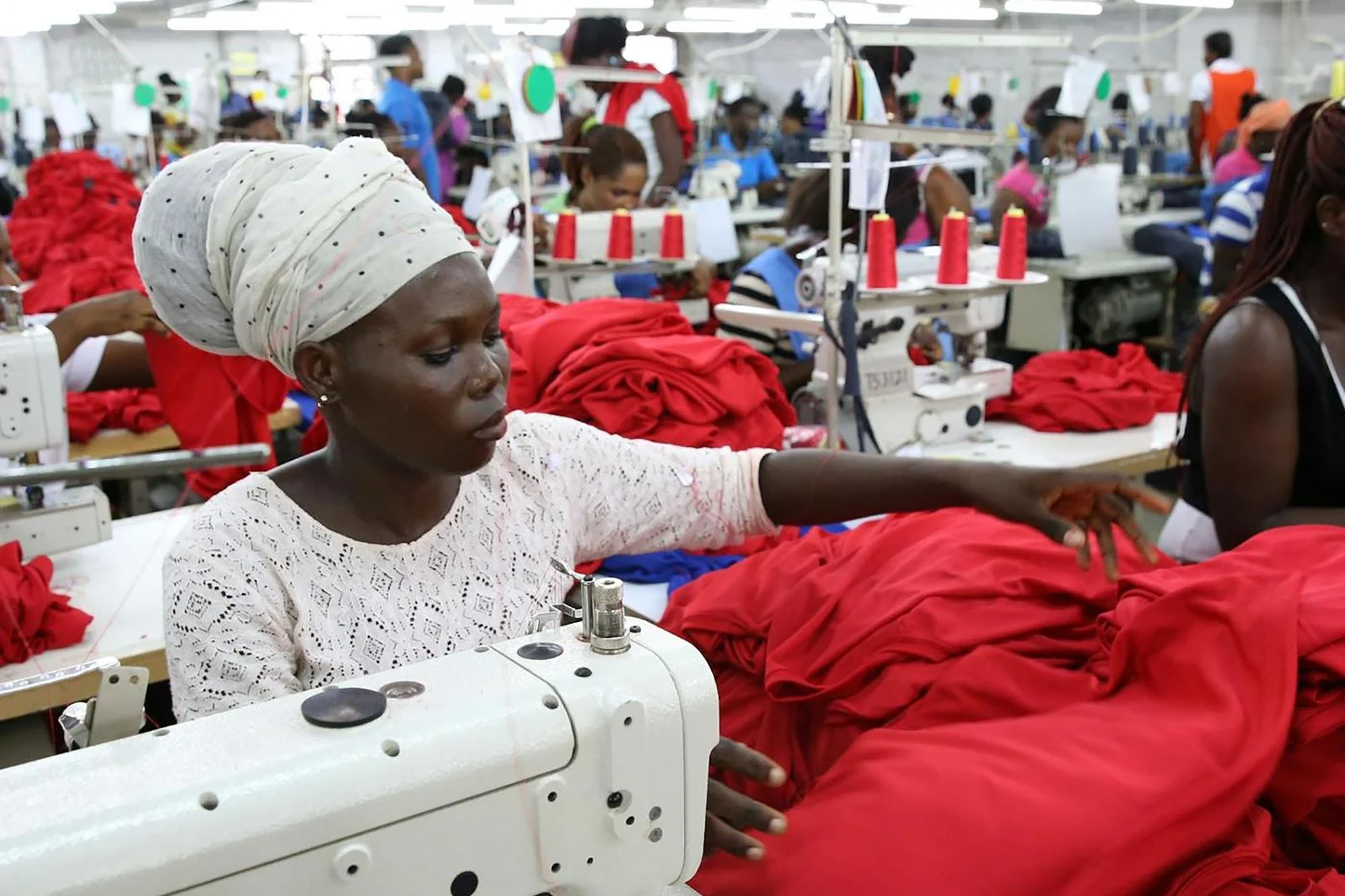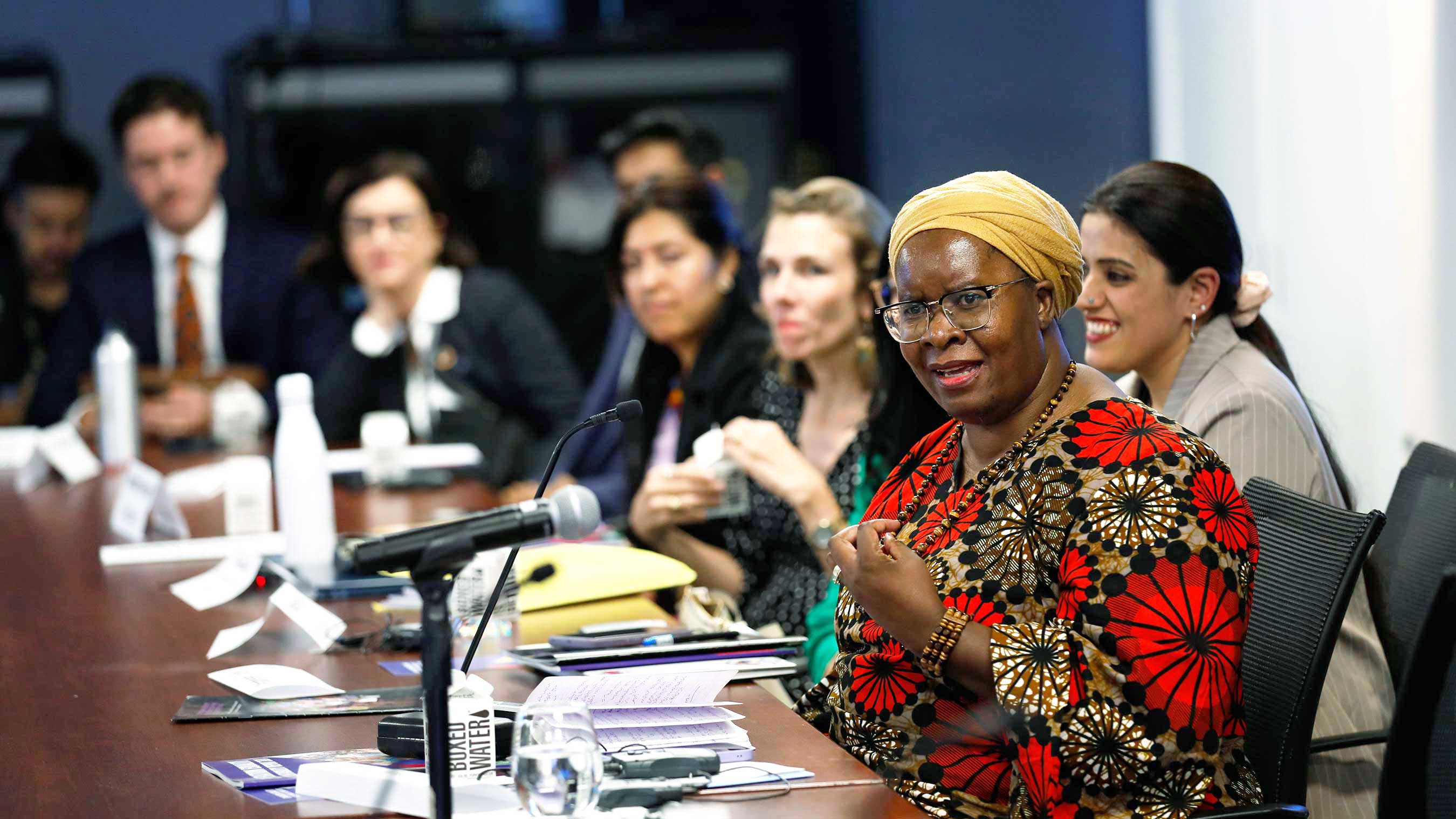UN Humanitarian Affairs chief Tom Fletcher has been forced to make “brutal cuts” to his organization, as major donors in the rich world slash their aid and international development spending.
UN News’s Conor Lennon spoke to him on Thursday via video-link from the UN offices in the Afghan capital Kabul, at the end of a three week visit to some of the most vulnerable communities in the country, where he has witnessed first-hand the deadly consequences of the dramatic aid slowdown.
Mr. Fletcher has publicly challenged policymakers who signed off on cuts to come to Afghanistan to see the effect they're having on the population, saying that “the effect of aid cuts, is that millions die”.



